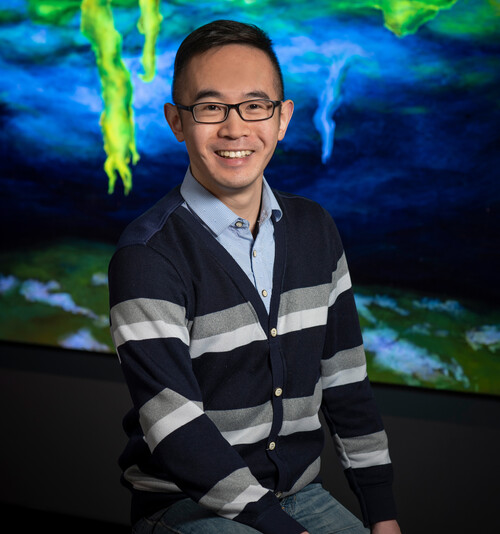Duo Chan

Having a more accurate history of past sea surface temperatures enables us to better understand climate changes over time. However, 95 percent of these measurements from the 1850s to the 1950s were taken by nonexpert sailors using buckets, a procedure that provided unreliable data. “By the time they hauled buckets to ship decks and measured water temperatures in buckets, the water had cooled because of evaporation associated with wind exposure,” explains Duo Chan, a PhD candidate in earth and planetary sciences. “We need to correct these biases in the data to get a more precise history of climate records.”
Even with clues from historical documents, variables such as nation, data source, type of bucket, and measurement protocol can be uncertain. In addition, historical documents are limited, and associated metadata uncertain. Duo developed new statistical methods that quantify these biases by comparing data collected from ships coming from different nations passing each other in close proximity. “As sailors measured the same part of the ocean at approximately the same time, this method indicates which groups are relatively warmer or colder. This produces more accurate sea surface temperature records.”
Duo also performed physicals modelling and historical studies to understand causes of groupwise offsets detected by the statistical method. These offsets are not just due to distinct bucket characteristics or measurement protocols, but also reflect truncation and misclassification problems after data collection.
Duo’s updated sea surface temperature gives a better understanding of past climate change and extreme weather events. While the previous period of global warming in the early 20th century is frequently understood to be a natural variation of climate patterns, Duo’s work shows that it might have been due to human activity. His refined corrections also improve the predictability of North Atlantic tropical cyclone frequencies. “With better knowledge about the past, we can improve our predictions about the future.”

